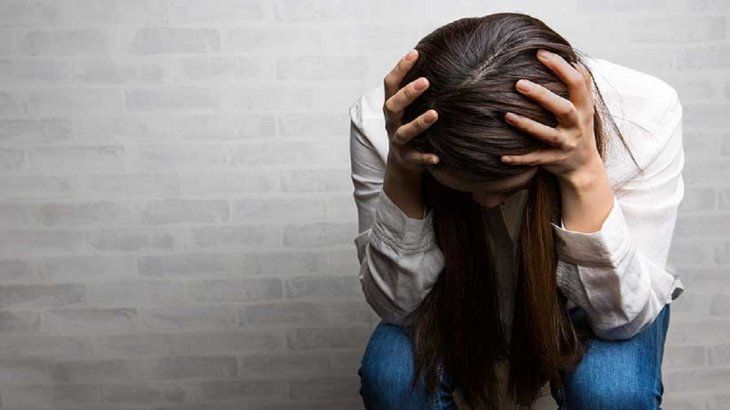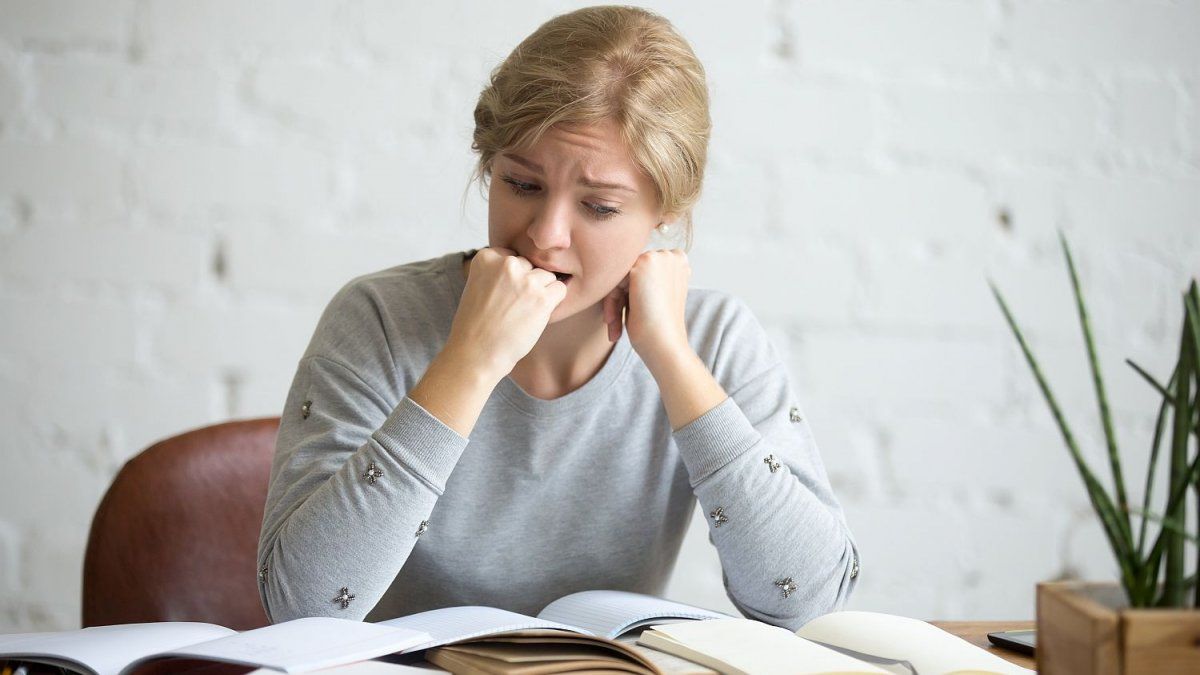More and more teenagers are having a hard time due to excessive anxiety. This was confirmed by the psychologist specialized in adolescence Florencia Alfie to Noticias Argentinas, while ensuring that “in recent years the number of adolescents with anxiety has increased significantly.”
“Phrases like ‘you’ll get over it’ or ‘it’s not that big of a deal’ don’t work”said the specialist.
On the other hand, by using them, what is achieved is to cover up the warning signs that, if taken into account at the right time, would serve to alleviate the suffering of adolescents quickly and effectively.
Among the most notable signs, he observed that adolescents’ thoughts become increasingly “negative and repetitive, it is difficult for them to maintain attention and they begin to stop doing activities out of fear, and at the same time, relationships become difficult for them.” with the rest”.
He also recalled that adolescence “is a particularly vulnerable period and favorable for the appearance of anxiety”, since during these years a series of physical, psychological and social changes occur.
What is anxiety and in what situations does it become worrying? How should we act in this regard? Anxiety: the good side and the bad side
What is anxiety?
It is a natural evolutionary response that arises in threatening situations. In adolescence there are expected physical, psychological and emotional changes that are typical of this stage.
The alert should be raised when these changes awaken new behaviors that cause discomfort, insecurity and new fears capable of paralyzing the old daily life.
What happens in the body when we have anxiety?
As Alfie explained, when anxiety appears it is common to feel the muscles tense and the heart and breathing rate increase, as the body prepares to flee or fight.
Up to this point there is no danger. “Anxiety would then serve a positive function by protecting us from danger,” she said.
When does it become a problem?: “When we perceive simple situations as something threatening and catastrophic, such as going out shopping or starting a conversation.
fear-phobia-anxiety-cover.jpg
There is a tendency to see everything in a negative way and to imagine the most unpleasant or unfortunate things. When children are young they worry about things like monsters, insects, darkness, while teenagers worry more about themselves: they fear not being successful in school, in their favorite sport or with the girl they like. , they are very aware of what others think and that is why they worry about being seen as stupid or doing or saying something out of place that could embarrass them,” the specialist explained.
How to detect signs of anxiety
It can be difficult to detect anxiety at first because “teenagers are very shy about hiding their feelings,” Alfie observed.
In this sense, he recommended evaluating the following factors that could awaken it (and enhance it).
- Academic pressure and high expectations to achieve success.
- The news they consume and the awareness of a new world that appears totally threatening: where they previously felt safe, they now begin to perceive it as insecure.
- Social networks: by being constantly connected to networks, their self-esteem is subject to each publication and comment they receive. They fall into comparing their lives with the “perfect” ones of others.
Main physical and psychological symptoms of anxiety
- -Palpitations
- -Suffocating feeling
- -Behavior changes
- -Tiredness/fatigue
- -Physical symptoms such as headaches or stomach aches that do not
- They have a physical origin
- -Humor changes
- -Sweating
- -Fear
- -Distress
- -Excessive worry
- -Irritability
- -Muscle tension
- -Sleep or concentration problems
- -Low school performance
- -Avoid social activities
- -Substance consumption: adolescents can acquire the habit of drugs or alcohol, because consuming them relieves the symptoms and in the short term it works, but in the long term the anxiety persists and they can become dependent.
- -Fall into depression. Anxiety usually causes depression since a life full of worries and where more and more things and spaces are given up is not a life of well-being.
anxiety.jpg

Anxiety
Simple activities that can help reduce anxiety
- Draw
- Write
- To meditate
- Talk to a friend or trusted person
- Listen to music
- Go for a walk or any type of physical activity
Finally, Alfie contributed a reflection, almost like a request: “It is common to consult a doctor when there is a physical ailment, but specialized consultation is not so common when it comes to mental health and the truth is that, the sooner it is diagnosed, the more “It will be easy to treat. With cognitive behavioral therapy and appropriate medication you can get ahead. Therefore, it is really very important to talk to adolescents, and if they do not want to do it, at least be close, present, showing ourselves available so that they do not feel alone.” .
By Laura Gambale, from NA agency
Source: Ambito
I am an author and journalist who has worked in the entertainment industry for over a decade. I currently work as a news editor at a major news website, and my focus is on covering the latest trends in entertainment. I also write occasional pieces for other outlets, and have authored two books about the entertainment industry.




